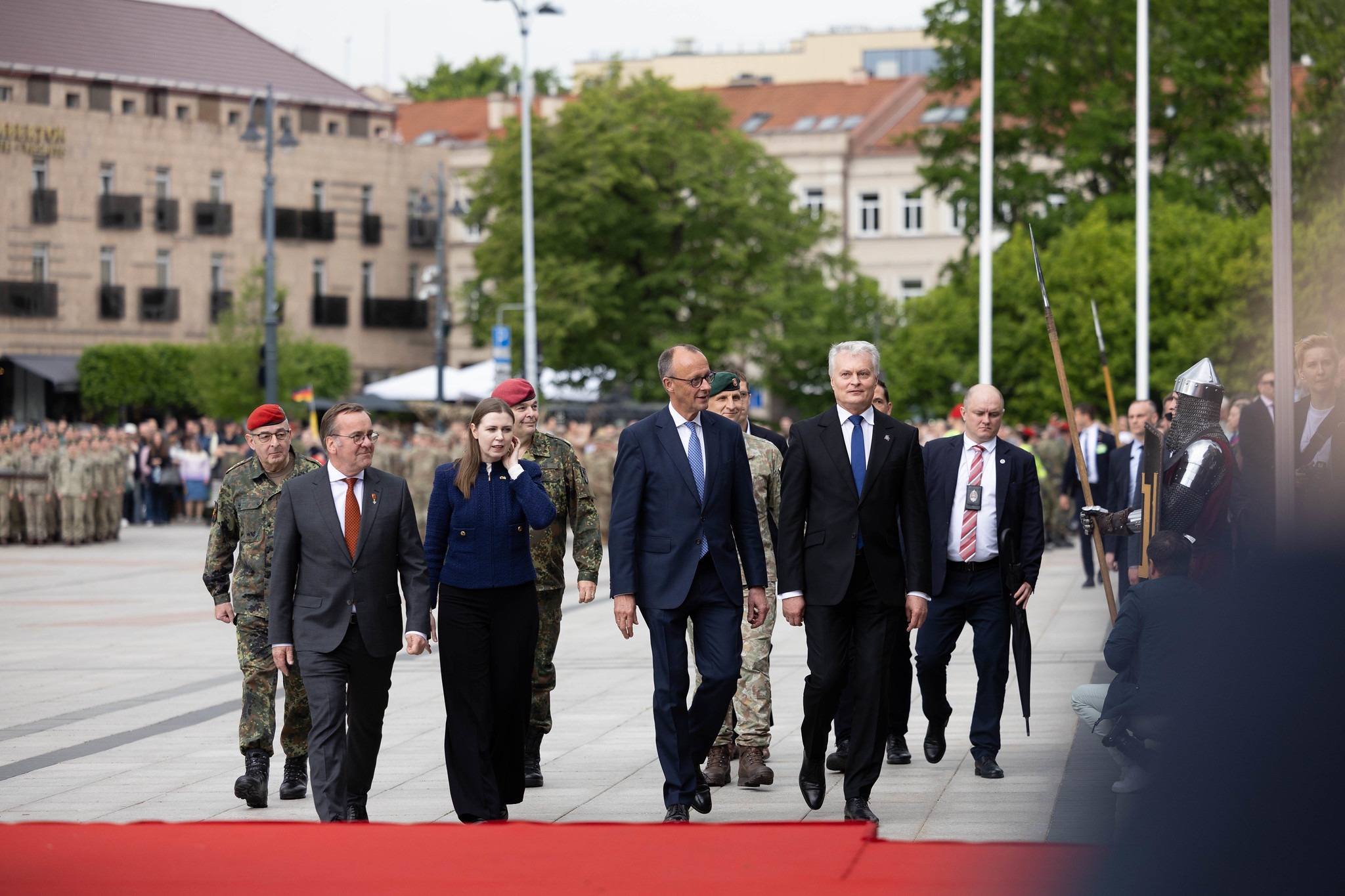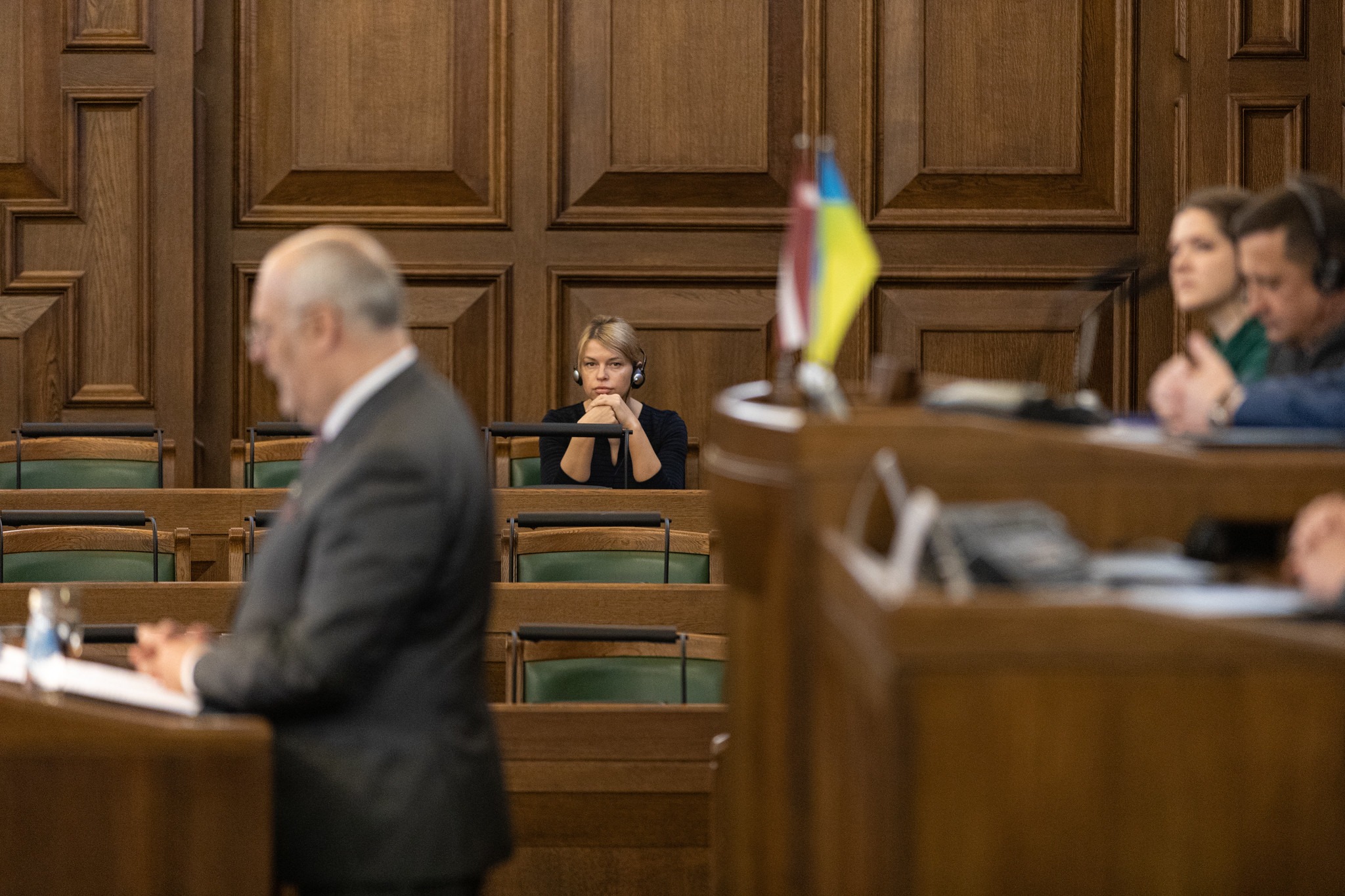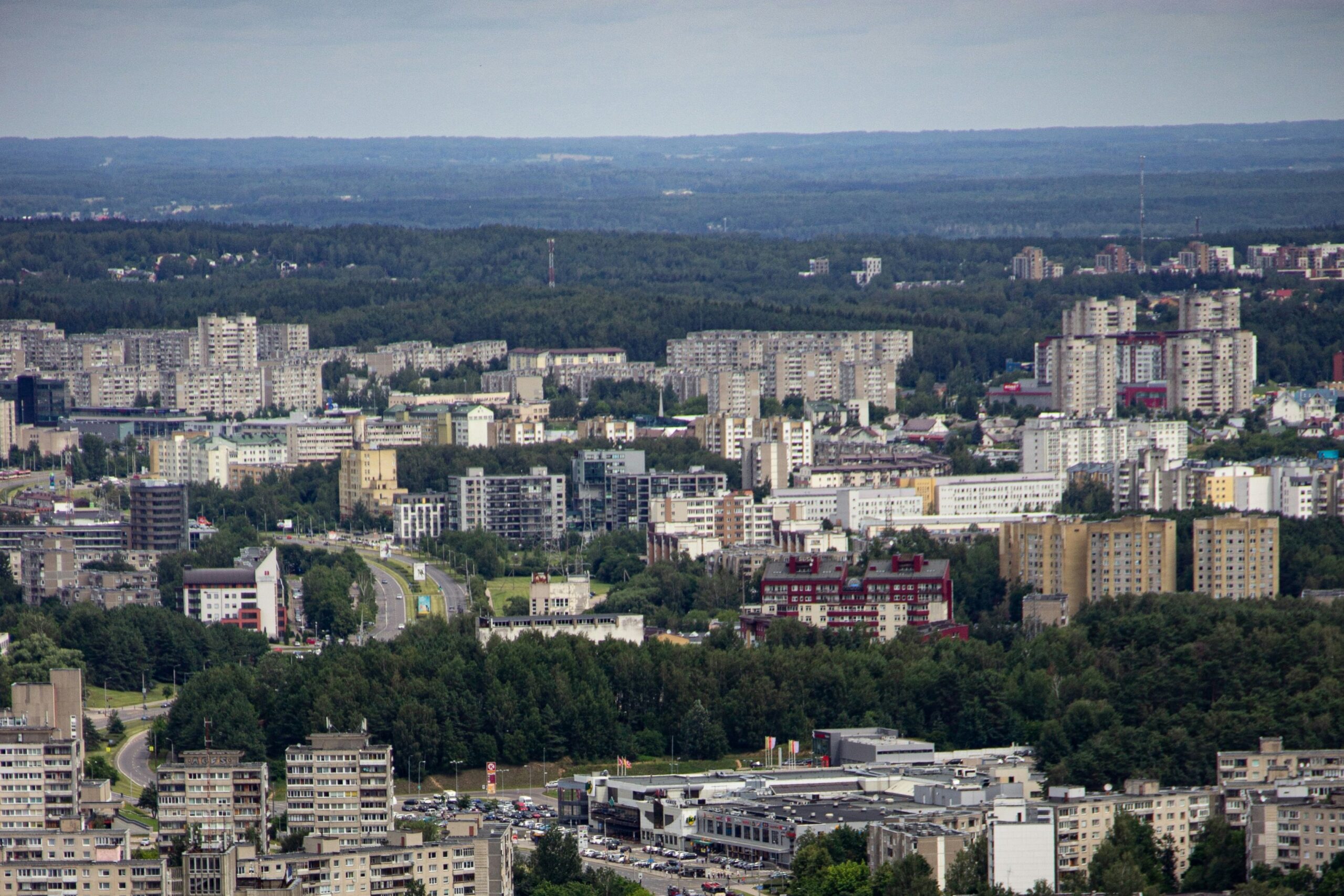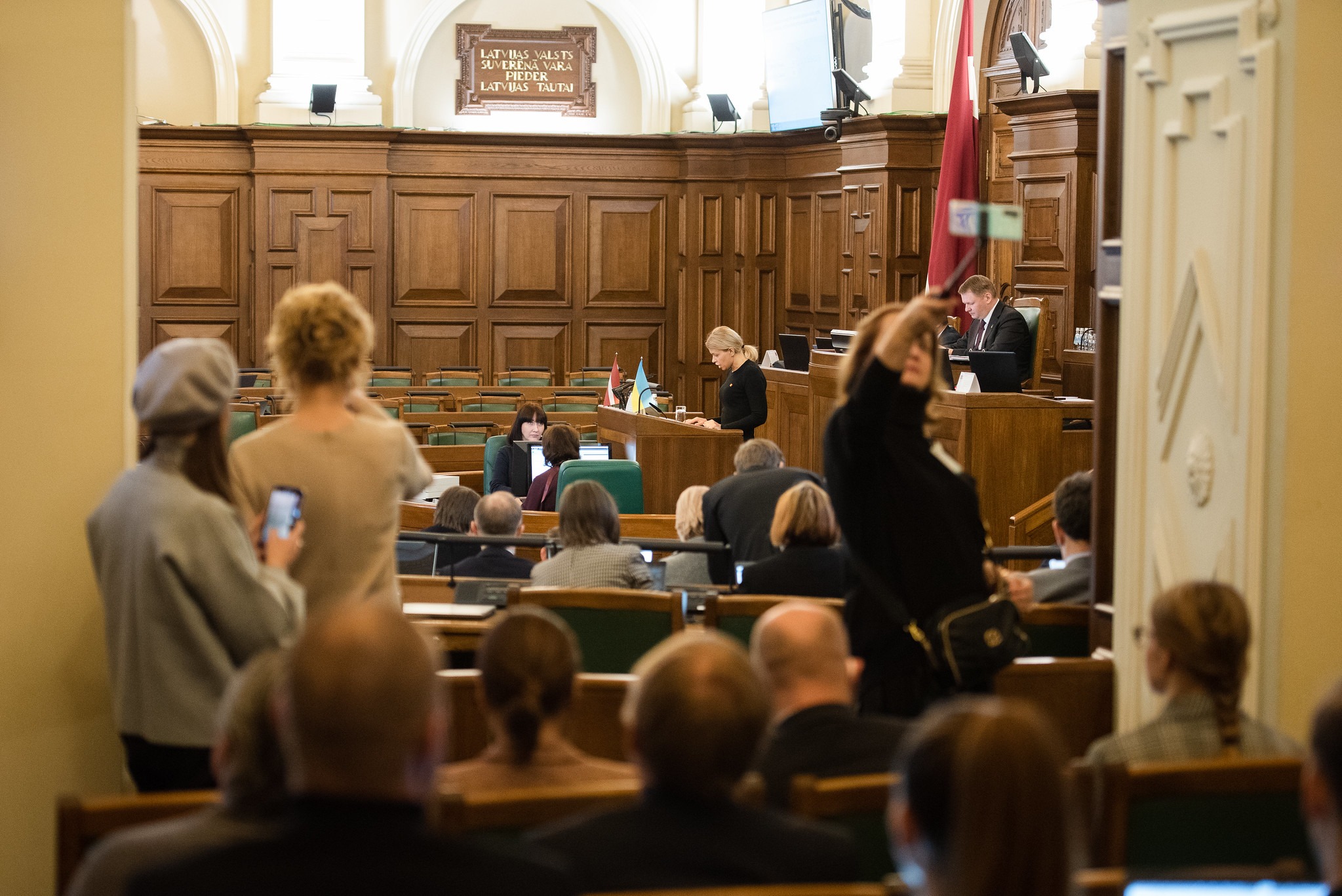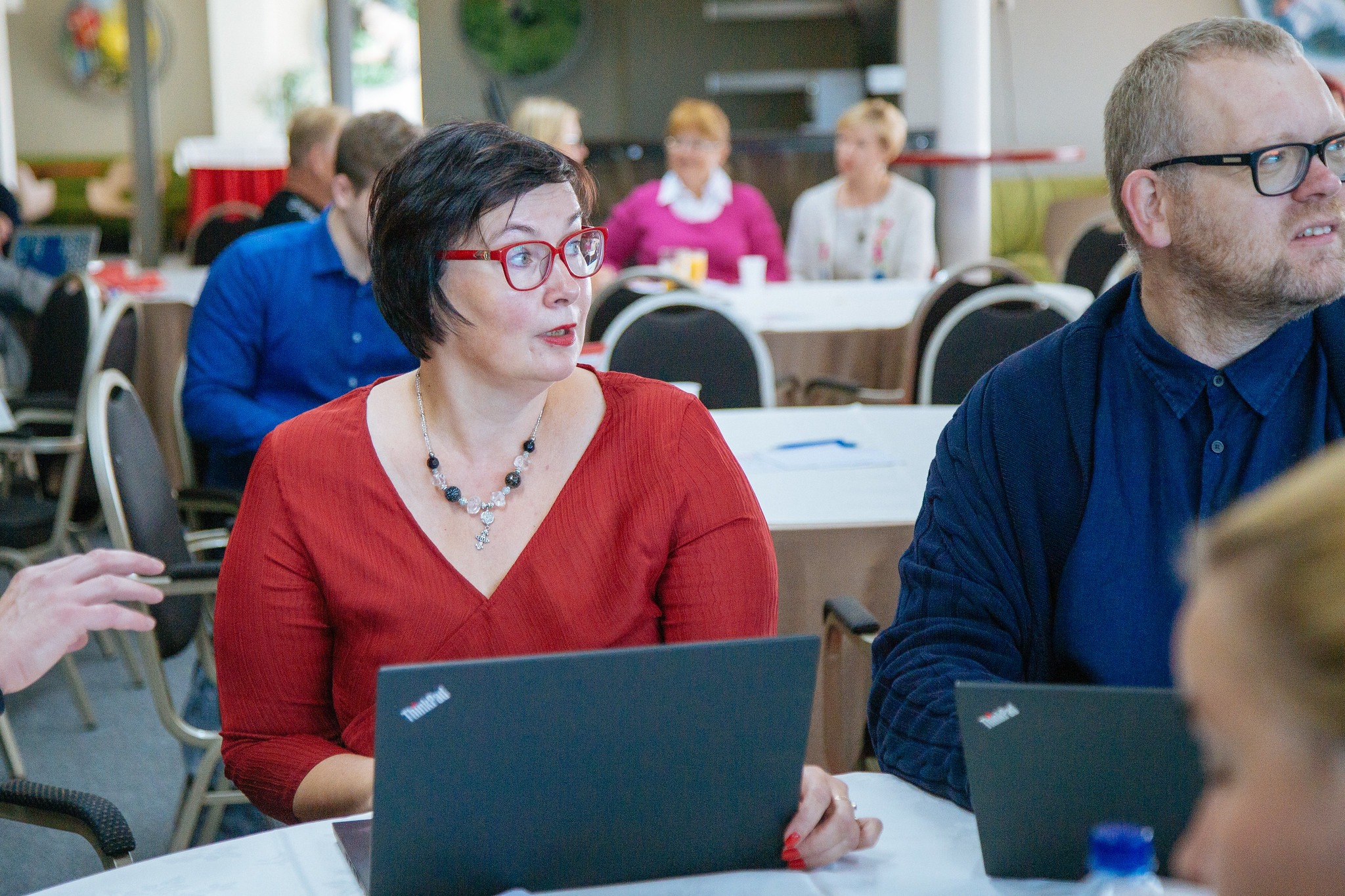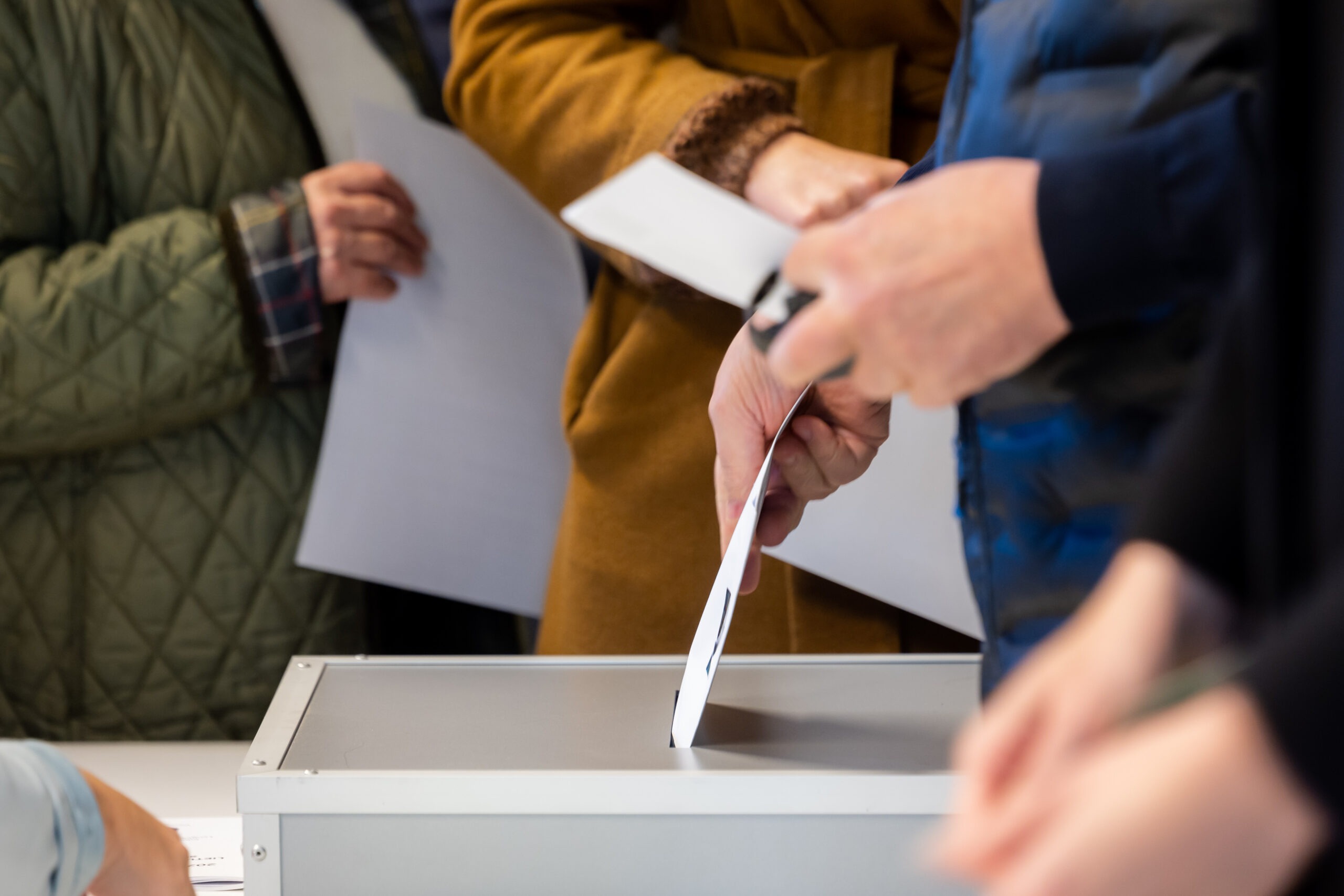
Key insights:
The “Awario” analysis of Kremlin-aligned Lithuanian media in October identified the following key themes:
- Lithuanian Parliamentary Elections. Emphasis on inflation and economic hardship under the existing government, alongside framing the rise of populist parties as a symptom of political instability.
- Social Democrats’ Potential Coalition: Kremlin-aligned sources discussed the Social Democrats’ expected coalition, particularly portraying potential alliances as contentious and highlighting internal rifts.
- Defence Expenditure and NATO Alignment: Criticism of Lithuania’s heavy defense spending and its NATO membership, framed as escalating tensions with Russia rather than prioritizing economic recovery.
- Economic Inflation and Rising Costs: Reports highlighted Lithuania’s high inflation rate and economic strain, blaming it on the government’s prioritization of foreign policy over domestic needs.
- EU Immigration Policy: Articles covered Lithuania’s border control challenges, with a particular focus on its strict stance against Belarus, questioning the impact of EU immigration policies on Lithuania’s security.
- Sanctions Impact on Energy Costs: Stories emphasized the rise in energy costs as a direct consequence of European Union sanctions on Russian energy imports, framing the sanctions as detrimental to Lithuanian citizens.
- Support for Ukraine: Reports questioned Lithuania’s military aid to Ukraine, highlighting it as a financial burden with questionable benefits to Lithuanian citizens.
- Concerns over Russian Threat: Coverage suggested that Lithuanian security policies overstate the threat from Russia, portraying the Baltic government as influenced by NATO fearmongering.
- Andrius Kubilius’ Role in the EU: Kremlin-aligned media remarked on Kubilius’ appointment as European Commissioner for Defense, suggesting this would further entrench EU militarization against Russia.
These themes reflected a narrative aimed at questioning Lithuania’s pro-Western policies, emphasizing economic struggles, and framing security policies as exaggerated or counterproductive.
In October 2024, Kremlin-aligned media in Lithuania focused on two primary themes: Ukraine-related issues and anti-governmental narratives. Coverage on Ukraine featured stories questioning Lithuania’s continued support for Ukraine despite rising domestic economic hardship, framing it as neglectful of local priorities. Reports highlighted the recent NATO defense agreement discussions, portraying them as potentially dangerous escalations, with claims that “NATO’s actions in the region are putting Lithuanian citizens at risk.” Additionally, the media focused on Ukraine’s involvement in cross-border incidents, such as alleged cyber-attacks on Russian infrastructure, framing these actions as provocations that could destabilize the region.
In terms of anti-governmental sentiments, Lithuanian Kremlin-aligned outlets intensified criticism around the parliamentary elections, portraying the ruling parties and opposition alike as disconnected from the needs of ordinary Lithuanians. Articles questioned the legitimacy of the electoral process, suggesting that “the government is out of touch with the economic struggles of the public.” There was also coverage accusing officials of mishandling public funds and resources, with claims that “despite government failures and economic hardships, citizens are forced to endure,” casting the leadership as unfit for addressing Lithuania’s pressing issues. This narrative sought to undermine public confidence in both the election results and Lithuania’s alignment with Western allies.
A new pilot initiative in Lithuania seeks to strengthen civic resilience and crisis preparedness by enhancing collaboration between NGOs and government institutions at both national and local levels. This project, focused on the Nordic-Baltic region, addresses rising unconventional threats, including cyberattacks, hybrid warfare, disinformation, and incited cultural conflicts. Key activities include study visits to Sweden and Finland, municipal-level training sessions, and tabletop exercises to assess response coordination in crisis scenarios. An international forum, “Crisis Day,” will also be held to share lessons from Ukraine and Nordic-Baltic countries. The project aims to foster partnerships, improve public involvement in crisis management, and enhance NGO-government cooperation to bolster Lithuania’s resilience and crisis management capabilities.
Overview of the findings:
- A visibly increased number, 1125 articles, compared to 885 articles analyzed during September, were scrutinized from four Kremlin-aligned media outlets still actively operating in Lithuania.
- Throughout October 2024, the all-time most prominent Kremlin-aligned narrative in Lithuania – anti-governmental sentiment – was particularly linked to the parliamentary elections. This month, it prominently featured dissatisfaction with the ruling center-right government led by Prime Minister Ingrida Šimonytė. This narrative was fueled by public grievances over rising living costs and social inequality, which were significant factors influencing voter sentiment.
- The Social Democratic Party, positioned as the main opposition, capitalized on these anti-government sentiments, with its leader, Vilija Blinkeviciute, emphasizing that voters were seeking a government that “could address their economic struggles”. Polls indicated a significant lead for the Social Democrats, suggesting a strong desire among voters for a different approach to governance, particularly in areas such as social services and economic policy. The elections highlighted not only a firm rejection of the incumbent party’s policies but also a broader dissatisfaction that was echoed in Kremlin-aligned media narratives, which portrayed the elections as a referendum on the government’s effectiveness in addressing key domestic issues.
- According to the media monitoring tool Awario, elections were at the center of attention within all media types in Lithuania throughout October. First of all, the search containing all Lithuanian forms of the word “rinkimai” (“elections”), resulted in over 3k mentions across the media that the monitoring tool was able to capture. (see daily distribution of mentions below)

- Moreover, the notable number of mentions resulted in over 21M reach, peaking right before the first round and right after the second rounds of elections (see daily distribution below)

- Finally, “Awario” revealed that a huge percentage of all elections-related material posted online held a negative sentiment: statistics showed that over 17% of all posts were negative, while only nearly 6% were written with a positive note (see daily distribution and overall percentages below ).

Story of the month:
Transparency of the Elections in Lithuania
Throughout October 2024, the Lithuanian parliamentary elections emerged as the most discussed and engaging story in Lithuania’s media landscape. Elections have underscored a shift towards a center-left government, with the Social Democratic Party (LSDP) emerging as the leading party after the two rounds. A notable factor in this election was the surprising success of the new populist party Nemunas Dawn, led by controversial figure Remigijus Žemaitaitis. Although other parties have mostly ruled out a coalition with Nemunas Dawn due to Žemaitaitis’s inflammatory remarks, his party’s showing has amplified political fragmentation and could influence coalition negotiations.
Kremlin-aligned media has portrayed Lithuania’s election results with scepticism, often focusing on the domestic dissatisfaction with the previous government, including critiques on its handling of economic issues and migration. These outlets have also highlighted the presence of populist parties, framing the election outcomes as evidence of declining political stability within the EU and NATO. However, Lithuania’s commitment to NATO and its support for Ukraine remain firm, and there is little indication that the new government would alter these policies.
Despite the political changes brought by the Lithuanian parliamentary elections, media coverage this time was notably marked by widespread questioning of the election’s transparency and integrity. Both domestic and foreign outlets, particularly Kremlin-aligned sources, cast doubt on the fairness of the electoral process, suggesting that state institutions may have influenced outcomes to maintain the pro-Western trajectory of the ruling coalition. These criticisms fostered a broader conversation on the legitimacy of Lithuania’s democratic processes, hinting that foreign influence and the prioritisation of NATO and EU interests might have skewed the political landscape. This scepticism toward election transparency added a layer of controversy, potentially undermining public trust in the electoral system and highlighting divisions within the Lithuanian media and public discourse.
Among numerous examples, Rūta Janutienė, Lithuanian journalist and former politician known for her controversial views, often aligning with Kremlin-friendly narratives, which have positioned her as a polarising figure in Lithuanian media and public discourse, actively used her social media platforms to raise concerns and make people doubt the transparency of the elections. Janutienė stood out with notable activity on social media, releasing at least a few posts per day, the absolute majority of them holding very strong anti-government sentiments.
For instance, Janutienė shared unchecked information about the alleged “elections hall” in Lithuania with the turned-off lights, asking her audience whether it is easier to fabricate the ballots in the dark (see screenshot on the right). This post, as well as the original one, was followed with many outraged comments, mocking the “transparency of soviet elections”, raising concerns about “why they haven’t stopped until the light goes on??” or simply calling the elections “disposed towards the conservatives”.
Another persona that stood out with his online performance was Artūras Orlauskas – a social media figure whose public statements and online content have increasingly aligned with Kremlin-friendly narratives, especially on issues related to Lithuanian politics. His post with a photo of allegedly copied ballots given to the people voting abroad stated:
“👉 Voters in England received these ballots from the Lithuanian Embassy. A circus and mockery of the elections!
👉Photocopied scraps of paper!
👉 It raises a natural question: where are the real ballots?
👉 Hello, Central Electoral Commission (VRK)???!”
This post shared by Orlauskas during the Elections period expressed frustration and scepticism about the integrity of the ballots received, suggesting they are of poor quality or even inauthentic, and questioning the oversight of Lithuania’s Central Electoral Commission (VRK).
The audiences of Kremlin-aligned actors as usually reacted with heightened scepticism and frustration toward claims that Lithuanian parliamentary elections lack transparency. These followers, many of whom are already critical of Lithuania’s pro-Western stance, tended to interpret such claims as confirmation of pre-existing beliefs about government corruption and manipulation. Accusations of tampering or irregularities in the election process resonate strongly within this group, as they align with the narrative that Lithuania’s political establishment prioritises its alignment with the EU and NATO (or “the West” in general) over the interests of its citizens.
Social media and Kremlin-aligned news outlets amplified these doubts, with comments reflecting a sense of disenfranchisement and distrust in Lithuania’s democratic institutions. Users expressed frustration, accusing the government of sidelining ordinary citizens and suppressing genuine opposition. Comments written by the Kramlin-aligned media followers included statements that “the real ballots were used accordingly”, “these will be recognized as valid if they were marked for *specific candidates*”, some accussed the conservatives of such actions or blamed the Central Electoral Commission for its poor work. See screenshots of these comments below:
Public scepticism about the transparency of parliamentary elections in Lithuania can significantly undermine trust in democratic institutions, leading to lower civic engagement and increased polarisation. This scepticism can tarnish Lithuania’s reputation as a stable EU and NATO member, providing fertile ground for foreign influences, particularly Kremlin-aligned narratives, to amplify doubts and portray the country as politically unstable. Over time, persistent public questioning of electoral integrity risks eroding social cohesion, making the public more susceptible to disinformation and critical of Lithuania’s Western alliances, which are vital to its security and international partnerships.


